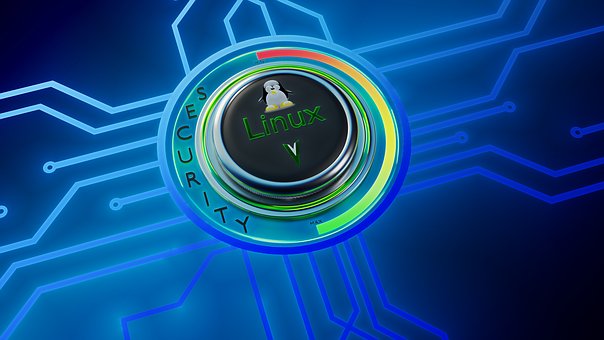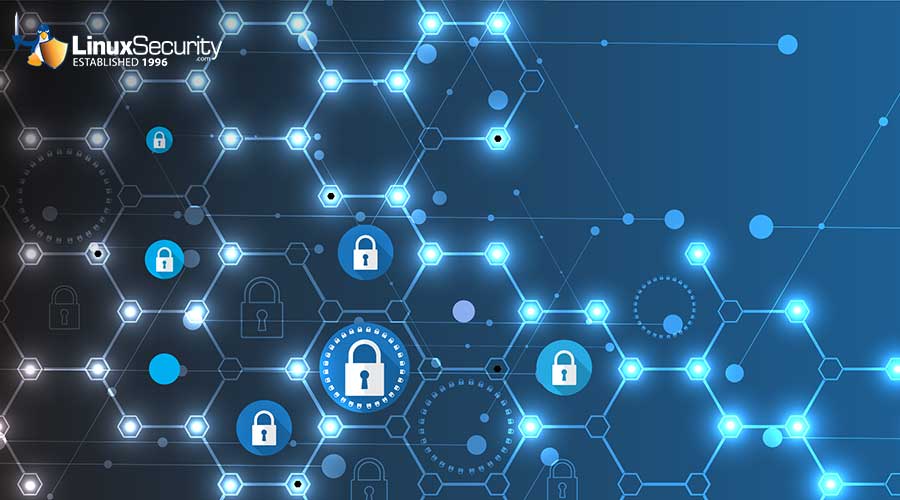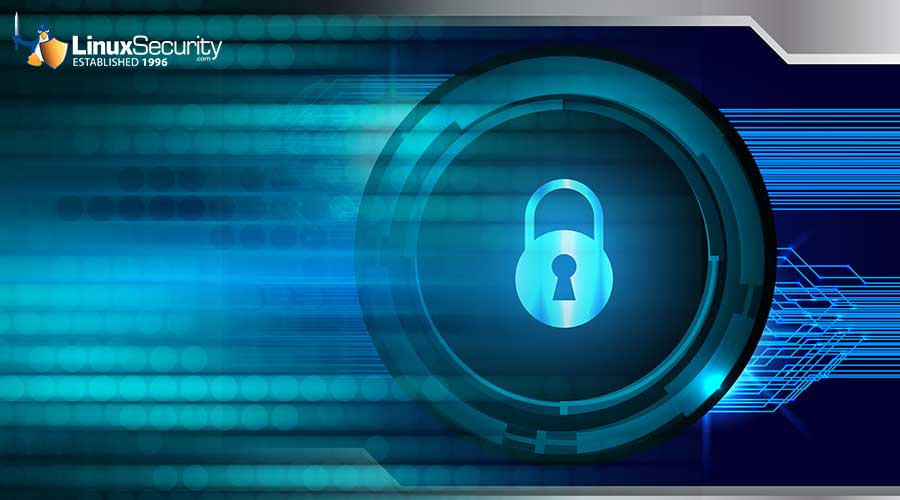Navigating the Complexities of Linux Security

Implementing robust security measures in Linux-based systems is essential and doesn't need to be complex. In this article, we'll provide an overview of key concepts and basic strategies you can use to fortify your Linux environment against evolving threats.
Key Concepts & Basic Strategies for Robust Linux Security
 It is crucial to understand that Linux security is multifaceted and encompasses user management, network design, and consistent system updates.
It is crucial to understand that Linux security is multifaceted and encompasses user management, network design, and consistent system updates.
User management forms the foundation of Linux security. Controlling user access and privileges to minimize the risk of unauthorized access and potential breaches is of critical importance. Regular system updates are also essential in maintaining overall security and integrity. Updates provide patches for vulnerabilities that attackers could exploit.
The implementation of network segmentation is also a key defense mechanism against breaches. Admins should divide networks into smaller segments to limit the spread of breaches and use firewalls like iptables or ufw to control traffic flow and block unauthorized access. It is important to consider the impact of network design on security and how segmentation and firewalls can be optimized to safeguard Linux systems.
Our Final Thoughts: What Are the Implications of These Insights?
The implications of these suggestions for security practitioners are significant. The continuous nature of securing Linux environments and the need for constant vigilance and adaptation must be emphasized. The dynamic landscape of cyber threats has heightened the importance of keeping abreast of vulnerabilities and security advisories.
In summary, the practical advice provided in this article will help admins and organizations strengthen their Linux security posture. User management, network design, and regular system updates are crucial in fortifying Linux environments against evolving threats. We hope that this overview has contributed to your understanding of the impact of Linux security on your role as a security practitioner and open-source community member!







![Linux Kernel 'Make-Me-Root' Flaw Threatens Popular Distros [Updated] 32.Lock Code Circular Esm W300](/images/articles/900x500/32.Lock_Code_Circular.jpg#joomlaImage://local-images/articles/900x500/32.Lock_Code_Circular-esm-w300.jpg?width=900&height=500)
















